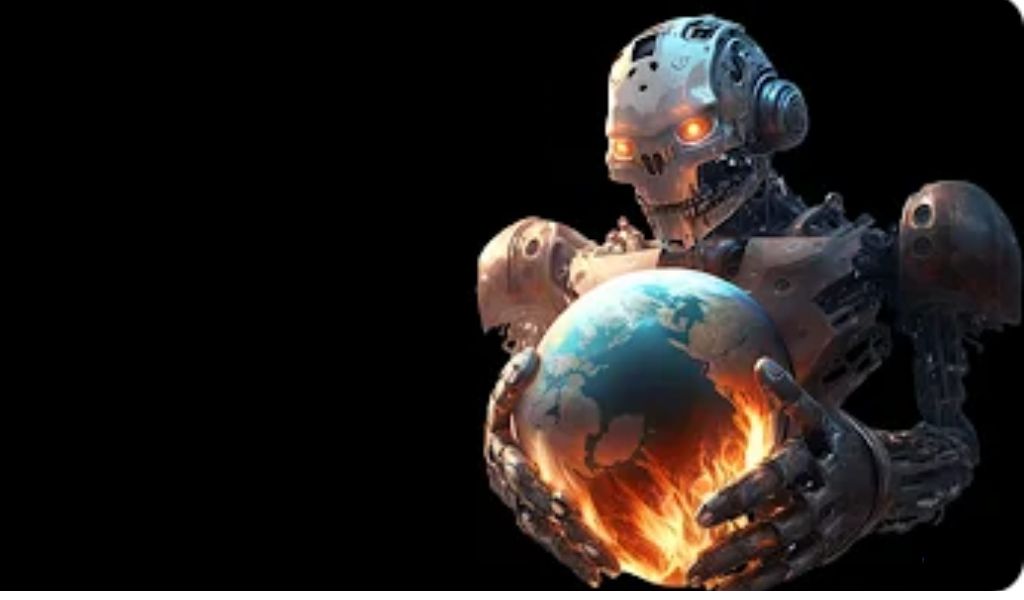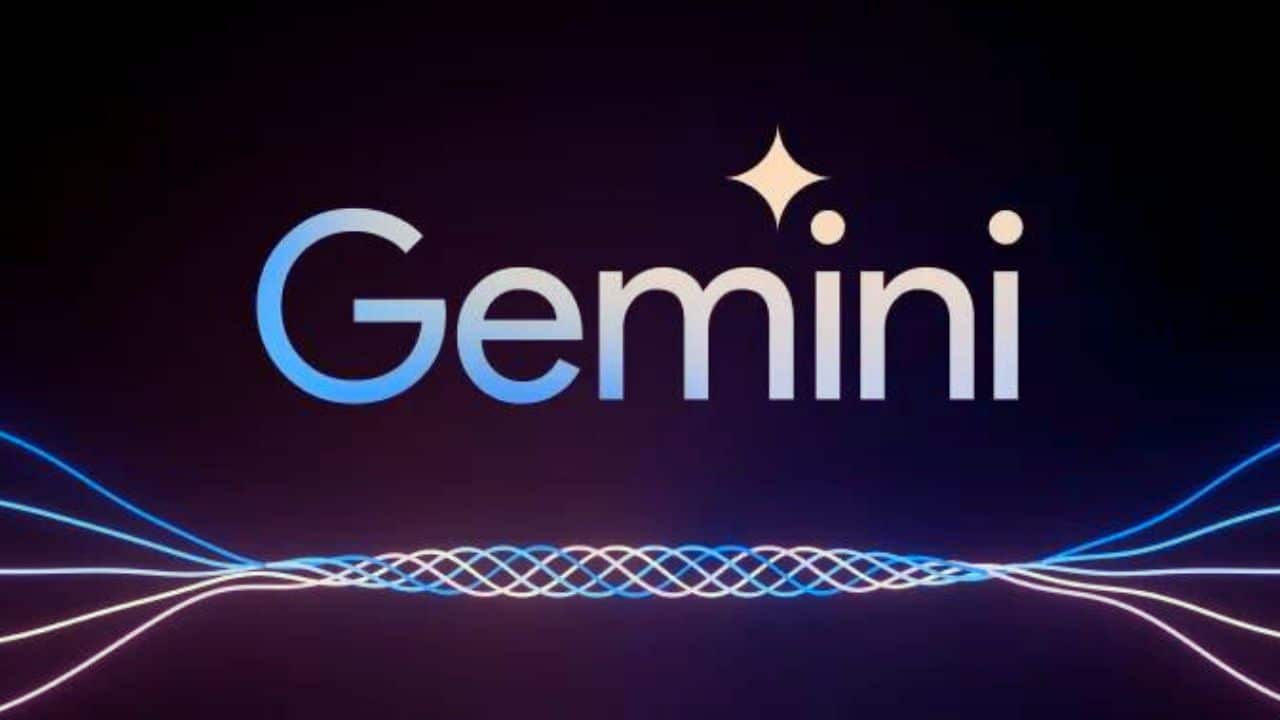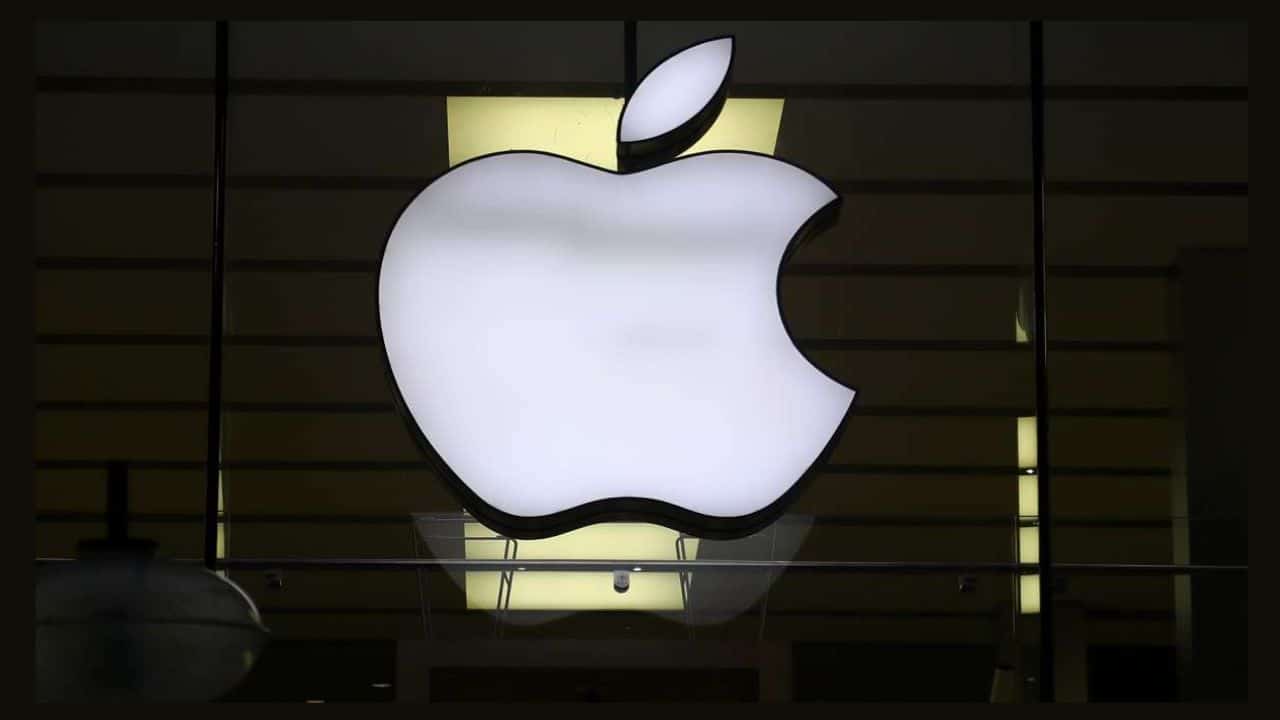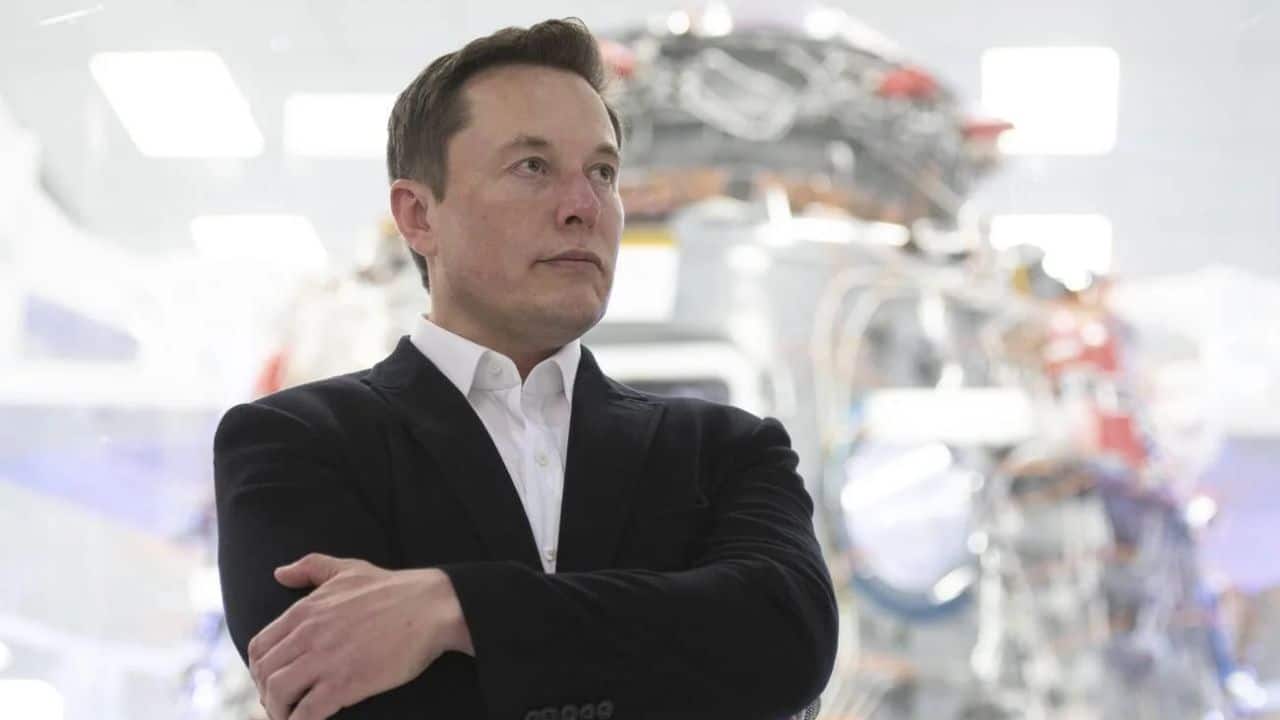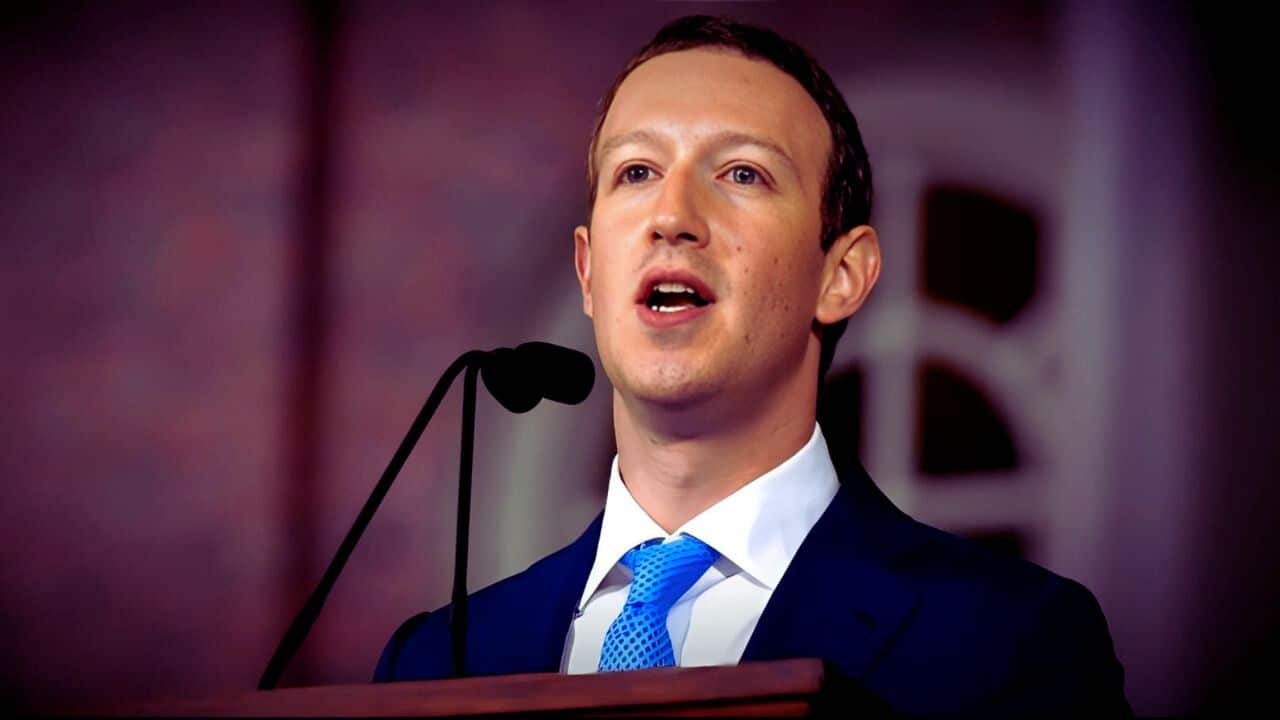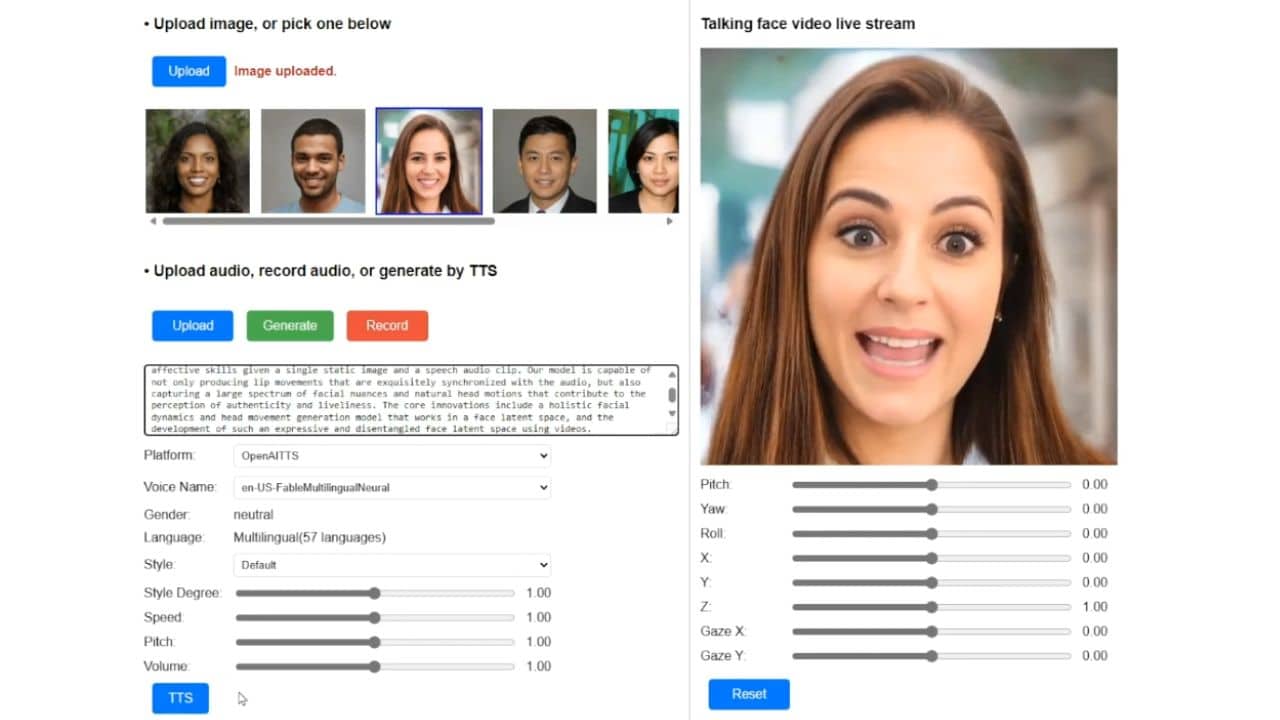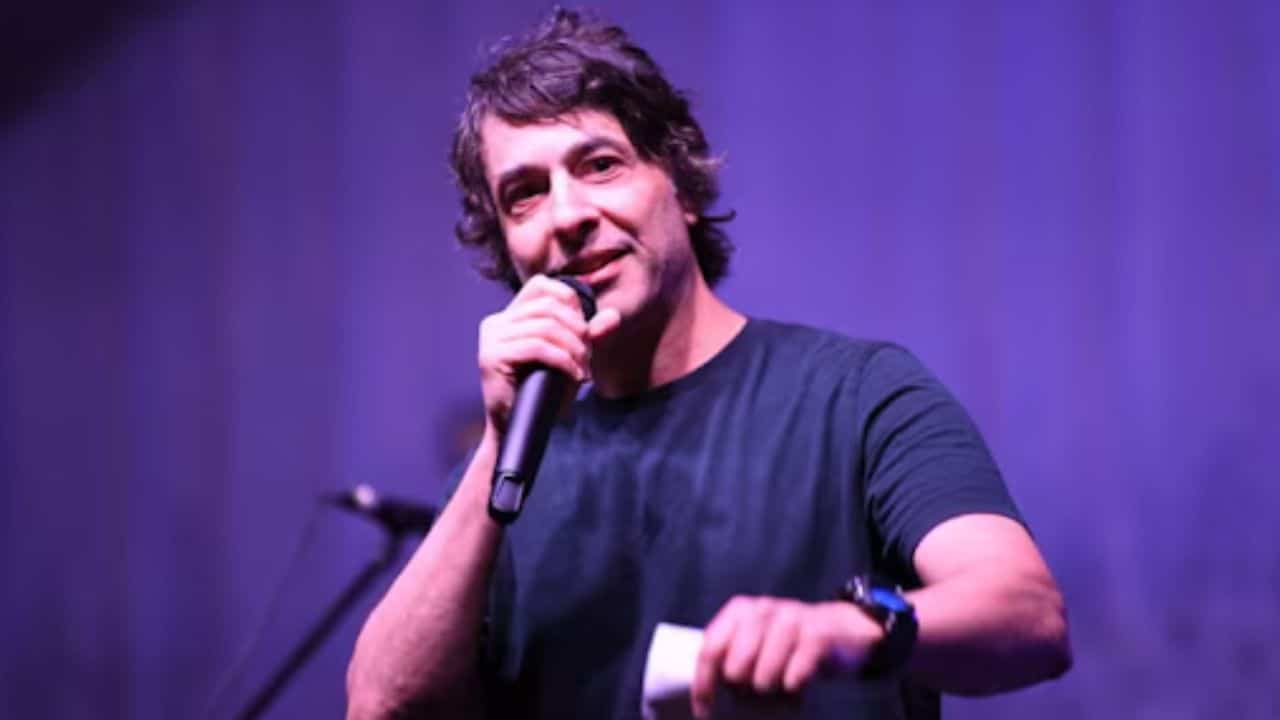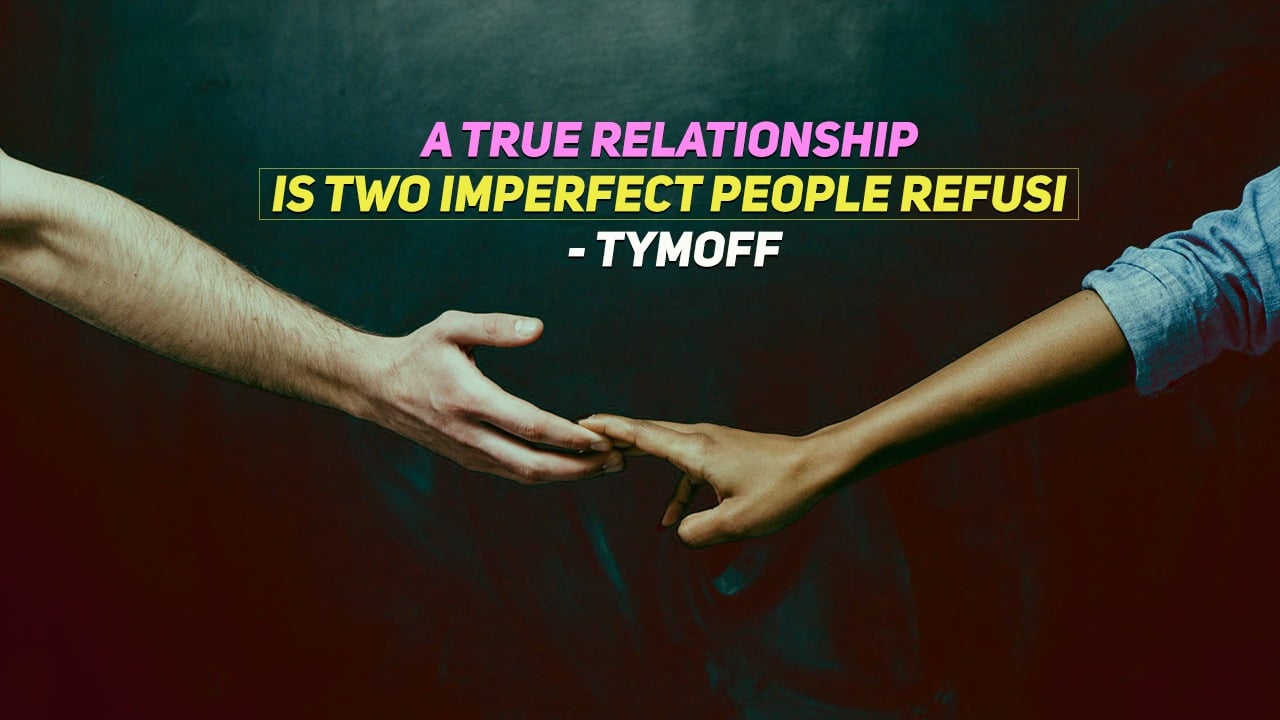We will need artificial intelligence to help us avoid some of the worst effects of a hotter world.
Donti is the cofounder and executive head of the non-profit Climate Change AI. He studies how renewable energy can be better used in power grids. She thinks AI will have a role.
Donti told Insider that it’s hard to imagine a future carbon-free power grid that doesn’t have AI and machine learning as two of its main tools.
She said that the question of AI and sustainability is often framed in terms of how AI can help fight the climate problem versus the technology’s ravenous appetite for computing power that uses a lot of energy. Donti said that we should think more about how to use AI in a smart way.
Since ChatGPT became public six months ago, there have been a lot more questions about AI in general. This is now seen as a black swan event. The White House, for its part, asked for information this week about how AI could affect the country’s goal of cutting greenhouse gas emissions in half by 2030, among other things.
People who care about the environment seem to be paying more attention to how technology can help with environmental efforts.
AI can use satellites to keep an eye out for illegal hunting and mining. It is used by the United Nations and companies like Google to respond faster to tragedies like floods and even to predict them. A California company called Refiberd is using AI-powered robots to sort through wasted textiles so they can be recycled with 95% accuracy.
And there’s an app that uses AI to predict when and where crop-damaging locusts might hit the horn of Africa and other parts of the continent. The name of the app, Kuzi, comes from the Swahili word for an insect-eating bird called a wattled starling.
Donti said that despite all of these wins, AI has also been used to sell more stuff to customers and help oil and gas companies get more fossil fuels out of the ground. This is something that tech companies that provide this computing power have been criticized for.
Donti, a new professor at the Massachusetts Institute of Technology, said that we need to add artificial intelligence to our tools for sustainability. This doesn’t mean that bots will take over tasks like running the grid, though. Donti thinks that AI will take care of some background tasks, but that humans will still make the big decisions about how things like the power grid work.
She compares it to a person driving a car down the street. The driver is still in charge, but many of the lower-level tasks in a modern car are done automatically.
Donti warned that just adding AI to a problem with the environment doesn’t mean that the problem will be fixed. And doing so could make things worse if spending too much on AI takes money away from something important and useful, like adding more protection to drafty buildings.
She said, “AI is a very powerful tool for speeding up climate action, but it won’t solve every problem.”
There is also a chance that AI could help the already strong become even more powerful. An oil or gas business with a long history in the energy market could use AI to find new sources of fossil fuels and keep prices low. This could make it harder for companies that use clean energy to compete. Donti said that AI has a “accelerating effect” that often makes it easier for something to reach its goal.
“If you only make this technology more accessible to more powerful people in society, it could make gaps bigger,” she said. “This is because now there are some people in society who can use AI and its multiplicative effect and others who can’t.”
Phil De Luna, who used to run the National Research Council of Canada and wrote a book about how AI can help scientists find useful materials more quickly, also raised worries about how the benefits of AI should be shared. He said that it needs to be improved so that the people who are hurt the most by climate change, who are often poor or live in the Global South, can get ahead.
Even if AI tools are used with good intentions, he said, they could make social problems worse. De Luna said that AI could be used to figure out where to build firebreaks in areas where wildfires are popular. Many homeowners could gain, but people in poorer areas could be hurt more if they don’t have access to these tools.
“If artificial intelligence is used in sustainability to create moats, technology barriers, and profit, then we will have failed at the real goal, which is to stop climate change and, in the end, loss of life,” De Luna said.
De Luna is most excited about using AI with laboratory robots to speed up the finding of materials and technologies that could lead to better batteries, new hydrogen materials, and better ways to capture carbon dioxide emissions. De Luna pointed out that it took decades for technologies like solar cells and wind turbines to become widely used, which was way too long.
“We have less than 30 years to find and scale up the next clean technology,” he said. AI will be a key part of that. “It’s the tool we need to reach our climate goals now more than ever.”

